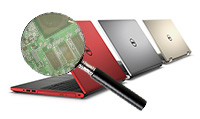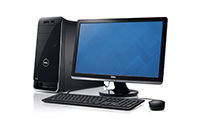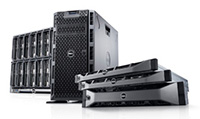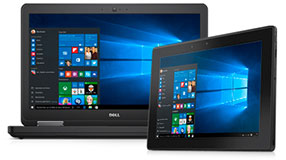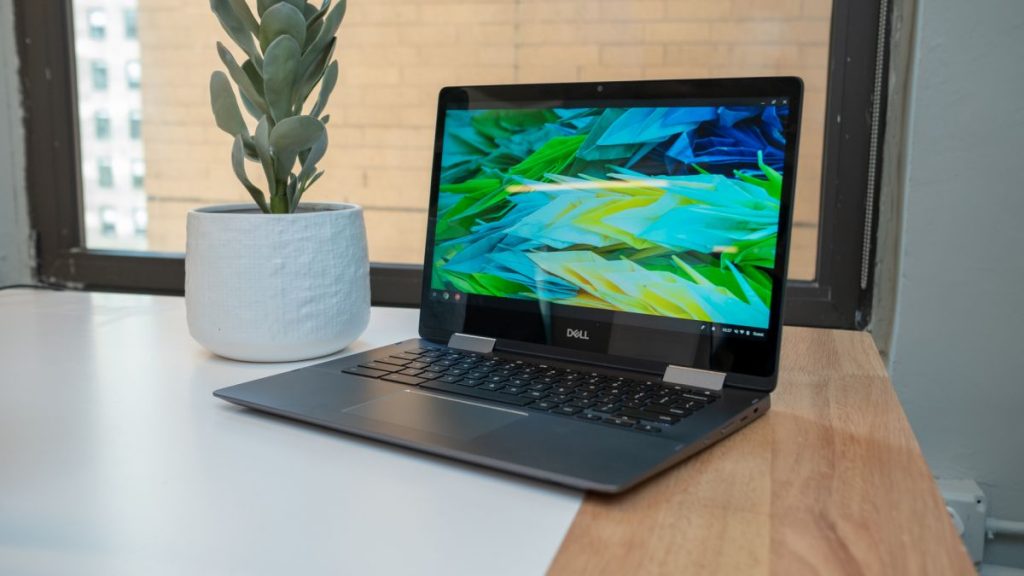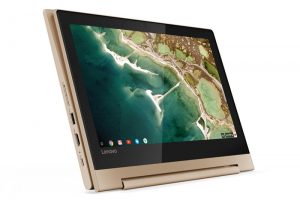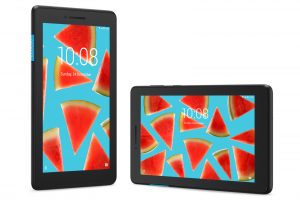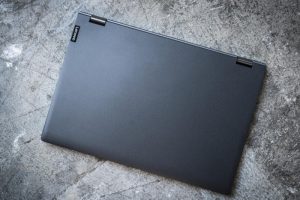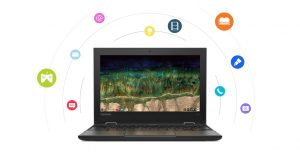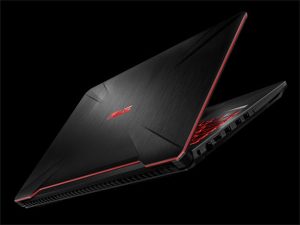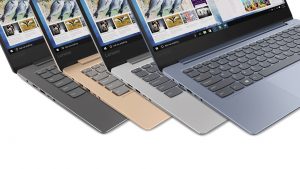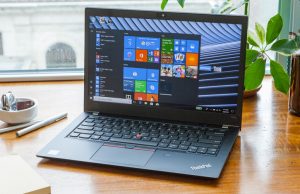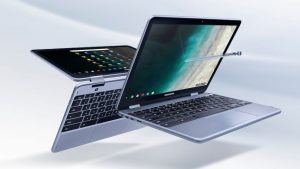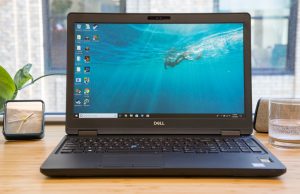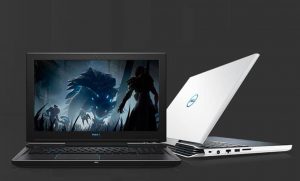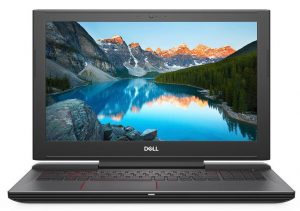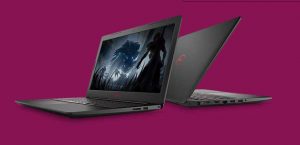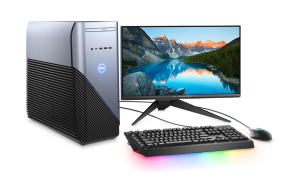Convergence may be a word we will be hearing more often, and it accounts for the mild confusion related to defining the differences between Laptops vs Notebooks vs Netbooks; and now the new Ultrabooks. The basis for that confusion is the simple fact that there are no specific and fully agreed upon industry standards which would actually be the definitions. Perhaps it would help to think of it this way: If you live in an area which is rather flat with few distinguishing topographical features, a 1200-foot high landmass may be a mountain, but if you are in Colorado, that may be a hill.
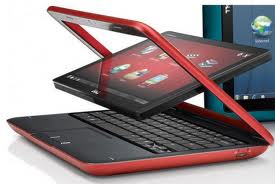

Still, there are some mushy boundaries upon which there is a general consensus. Workstation, gaming, and business-class laptops are typically larger, heavier and more capable than notebooks. Likewise notebooks are a step above netbooks. The mushy gray-area boundaries, or lack thereof, is caused by premium-priced feature-packed machines in one category performing as well as a heavier, larger machine in the category above it. Consequently, as laptops have become lighter, and notebooks have gained features and capability, the terms laptop and notebook have converged and those terms are now used interchangeably.
Netbook vs Notebook Boundaries
Boundaries do still exist, however, and can almost be defined for netbooks. Typically expect netbooks to have screens of less than 11-inches, a weight of only one or two pounds, no optical drive, longer battery-life and a smaller form-factor than laptops. Definitely expect less capability with lower-powered processors, and fewer connectivity options and ports. In the 2008 – 2010 time-period netbooks had a successful run with Intel claiming that it sold 70-million atom processors.
Netbooks are still popular in countries such as India, China and Brazil, but seem to be a dying breed in the United States. The reason is that more capable ultrabooks are becoming thinner, lighter and more powerful; moving them into the netbook form-factor with all of the capabilities of notebooks, but the battery-life, weight and size of netbooks.
Netbooks appear to be fading away because, as Steve Jobs put it: "Netbooks are not better at anything". Dell, as one example, has confirmed that consumer-oriented netbooks, with screens 10-inches or smaller, are now discontinued, having been diminished by rising tablet sales. Dell says its future lies in thin and powerful; and that probably means ultrabooks for the immediate future. Dell may be able to get ahead of the pack by being among the first manufacturers to make a smart and significant move away from netbooks.
UMPCs - Ultra-mobile PCs
UMPC initially meant a tablet computer running a Microsoft operating system (OS), using a 4 to 7-inch touchscreen, with some models featuring a slide-out physical keyboard as well. As convergence continues, many people now refer to all small computer devices, including netbooks and smartphones as UMPCs.
Ultrabooks = Convergence
Boundaries!, boundaries?, we don't need no stinkin' boundaries! Ultrabooks are all about the convergence of a tablet or netbook's portability, size, battery-life, and light weight, with the notebook's superior processor power, better keyboard, larger display, more RAM memory and solid-state-drive (SSD) storage, as well as a more robust array of ports and connectivity options.
Ultrabooks in Your Future - Specifications
Most PC manufacturers, are starting to make ultrabooks, or will do so in 2012. Specifications for ultrabooks apparently have been defined, not by laptop makers themselves, but by a list of Intel specifications. As a result you should expect to see products about eight-tenths of an inch or thinner, weights of less than 3.1 pounds, battery-life in the 5 to 8-plus hours range, and solid-state (SSD) drives. By Intel's definition of specifications those machines will use Intel's processors and graphics sub-system, and apparently most will not have optical drives.
Manufacturers that can manage to squeeze optical drives into that package may be well rewarded as evidenced by the popularity of the Dell XPS 14z, which is a bit too heavy to categorize as an ultrabook in its current iteration.
Top-ten List of Current & Soon-to-be Ultrabook Manufacturers
Acer
Asus
Dell
Fujitsu
HP
LG
Lenovo
Samsung
Sony
Toshiba

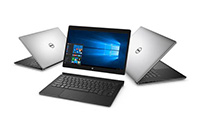 Laptop & Tablet Parts
Laptop & Tablet Parts